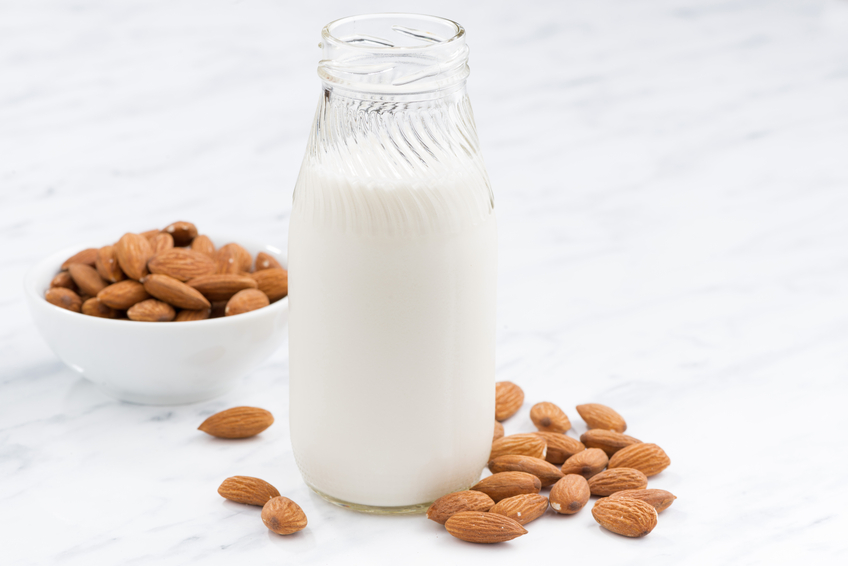 Q How does calcium in milk alternatives measure up to the calcium in milk?
Q How does calcium in milk alternatives measure up to the calcium in milk?
First of all, let us deal with a common misconception that drinking milk is good for our bones due to its high calcium content.
There is now substantial scientific evidence suggesting that milk consumption does not improve bone density in children, and it has no protective effect on fracture risk in adults. It has been observed that in countries where large amounts of dairy products are consumed, people suffer from the highest risk of fractures and worst bone health. Conversely, people with the healthiest bones are those who come from countries and tribes with very low or no dairy intake. One of the reasons for this phenomenon is the fact that cow’s milk contains on average three-four times more protein than human milk, which makes it more acidic. When the body becomes too acidic, due to dietary or other reasons, the priority for the body is to recover the acid-alkaline balance to protect the brain and other organs. One of the ways in which that balance can be restored is by using calcium to neutralise the excess acid. When the blood levels of calcium are insufficient, calcium is released from the bones.
With regards to the calcium content in milk alternatives, they are naturally lower in calcium compared to cow’s milk. However, the fortified versions of those drinks are available and they contain pretty much the same amount of calcium per 100ml (3½fl oz). It is important to remember to give those drinks a shake before pouring as calcium can settle on the bottom.
 About our expert: Dr Eva Detko is a natural healthcare practitioner specialising in clinical hypnotherapy, behavioural psychology and nutritional therapy. Apart from treating individual clients, Eva has worked as a health and fitness consultant for a number of voluntary sector organisations and Primary Care Trusts in the UK. She also has several years of health research and teaching experience. www.dr-eva.com
About our expert: Dr Eva Detko is a natural healthcare practitioner specialising in clinical hypnotherapy, behavioural psychology and nutritional therapy. Apart from treating individual clients, Eva has worked as a health and fitness consultant for a number of voluntary sector organisations and Primary Care Trusts in the UK. She also has several years of health research and teaching experience. www.dr-eva.com
